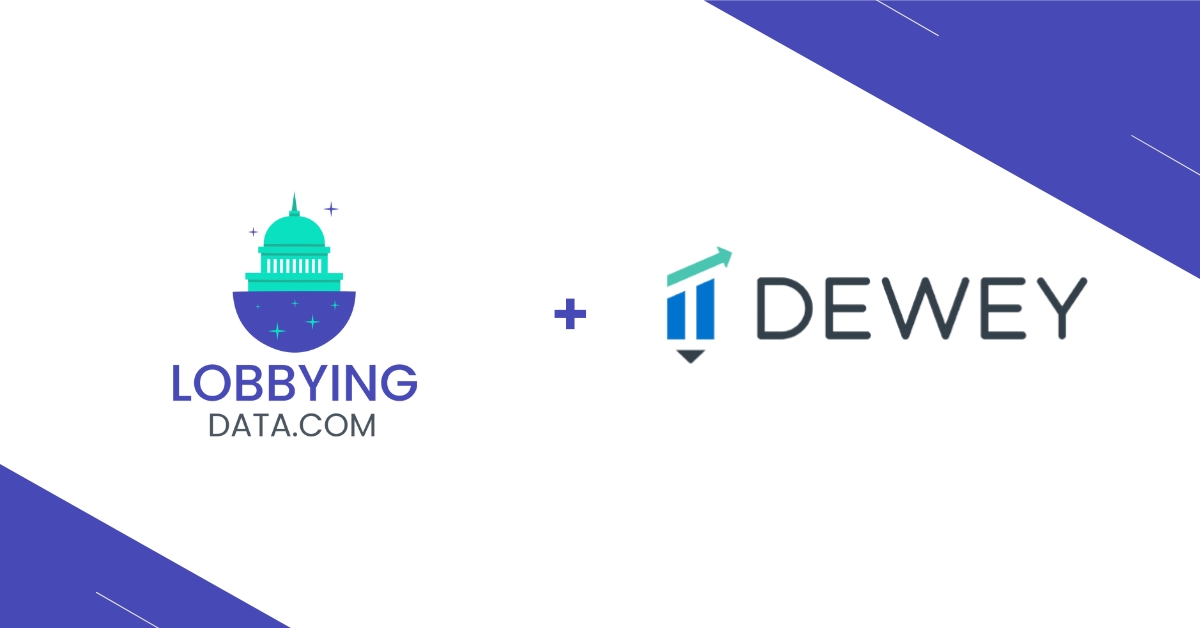In the modern era of politics, data has become an essential tool for political campaigns. One of the most valuable forms of data is political advocacy data, which provides insights into how individuals engage with political campaigns and issues. With the rise of digital communication and social media, political advocacy data has become increasingly important for candidates and political organizations seeking to reach voters and mobilize support.
The Significance of Political Advocacy Data
Political advocacy data refers to information about individuals’ political beliefs, behaviors, and actions, such as their voting history, donation patterns, and social media engagement. This data is critical for political campaigns because it can help them identify potential supporters, understand their preferences and concerns, and tailor their messaging accordingly. By using political advocacy data, campaigns can create more effective outreach strategies and increase their chances of success.
Moreover, political advocacy data can also help political organizations track trends in public opinion, monitor opposition activities, and evaluate the impact of their own advocacy efforts. With the right data analysis tools, campaigns can gain valuable insights into which issues resonate with voters, which messages are most effective, and which channels are most efficient for reaching specific target audiences.
Harnessing the Power of Data in Modern Politics
With the growing importance of political advocacy data, many political campaigns and organizations are investing in data-driven strategies to improve their outreach efforts. Today, there are many tools and platforms available for collecting, analyzing, and acting on this data, including online surveys, social media monitoring tools, and voter data management software.
One of the most significant benefits of using data in political advocacy is the ability to target messages and resources more effectively. By analyzing political advocacy data, campaigns can identify specific demographics or geographic regions that are more likely to support their cause or candidate. They can then tailor their outreach efforts to these groups, using the most appropriate channels and messaging to create engagement and mobilization.
Moreover, by using data to measure the impact of their advocacy efforts, political organizations can continuously refine and improve their strategies. They can track which tactics are working and which are not, and adjust their approach accordingly to maximize their impact.
In conclusion, political advocacy data is poised to play an increasingly important role in modern politics. By harnessing the power of data, political campaigns and organizations can gain valuable insights into voters’ attitudes and behaviors, and use this information to create more effective outreach strategies. Going forward, data-driven approaches will be essential for political success, as candidates and organizations seek to engage and mobilize voters in an ever-changing political landscape.







